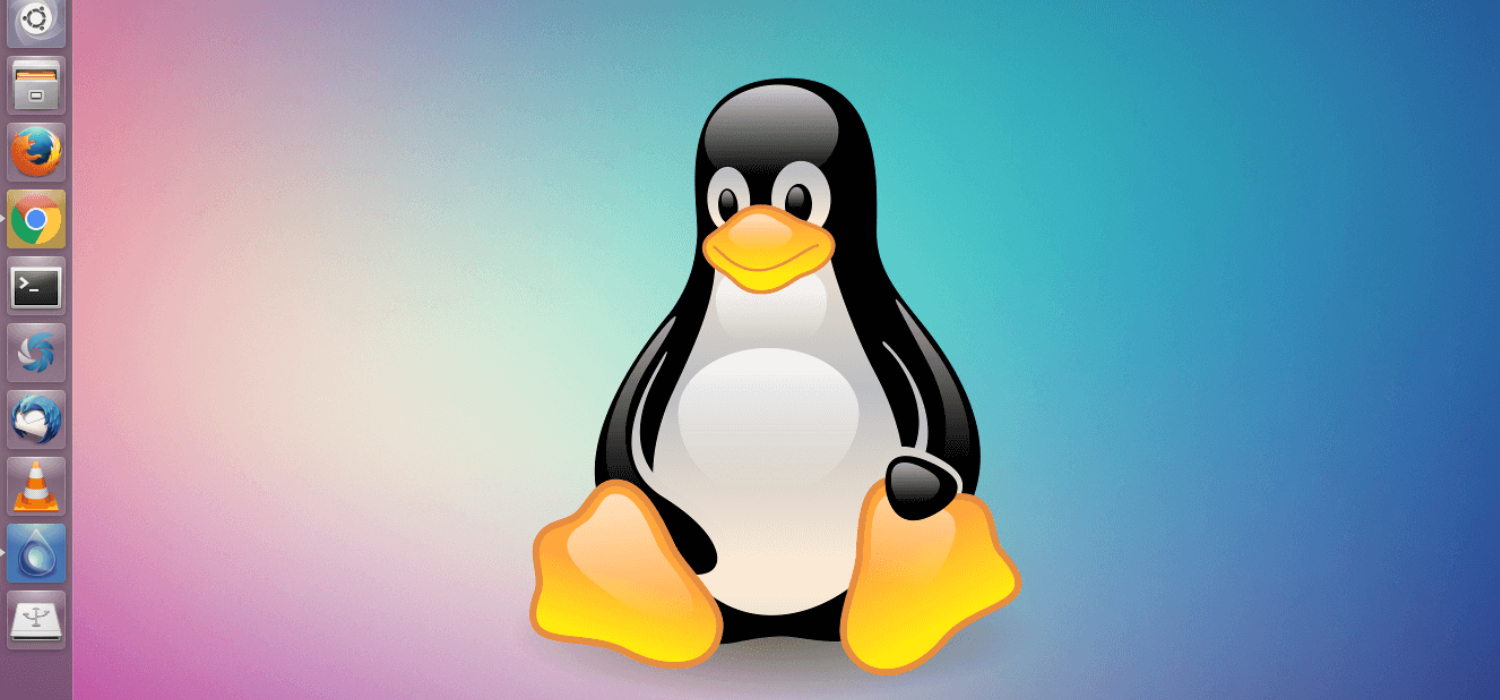Overview
A server is a piece of computer software or hardware that provides services to other programs or devices called clients. Web servers, database servers, application servers, cloud computing servers, file servers, mail servers, DNS servers, and many other types of servers exist. In both server and desktop environments, individuals are frequently perplexed about whether to use Windows or Linux as the host operating system. Before making a decision, people would consider factors such as cost, functionality, hardware compatibility, support, reliability, security, pre-built software, cloud readiness, and so on.
Linux Vs. Windows
The most well-known operating systems are Linux and Windows. Before comparing these two, it’s essential first to understand what an operating system is and then learn the fundamentals of Linux and Windows. An operating system (OS) serves as a link between computer hardware and software. A computer’s operating system is the most important component. Any computer or mobile device cannot function without an operating system!
The below mentioned are some of the reasons why Linux is better than Windows for servers:
Cost of ownership:
The primary benefit is that Linux is free, whereas Windows is not. Both the desktop and server versions of Windows have different license prices. Linux is a free operating system that we may use on a desktop or a server. Not only is the OS free and open-source, but so are the programs that go with it. A single Windows OS licensing charge may appear reasonable for personal use, but the number of employees equals the cost when it comes to the company. Not only must the business be prepared to pay for the OS license, but it must also be prepared to pay for Windows-based apps such as MS Office, Exchange, and SharePoint.
Beginner-friendly and simple to use:
One of the most basic desktops operating systems accessible today is Windows OS. It has a really good graphical user interface. Even though Windows has a relatively low learning curve, Linux distros such as Ubuntu, Elementary OS, Linux Mint, and others are working to improve the user experience. Switching from Windows to Linux is as painless as possible. Linux distributions allow users to pick from a variety of desktop environments, such as Cinnamon, MATE, KDE, Xfce, LXDE, GNOME, and others. If a Windows user wants to switch to Linux, we need to install WINE to give them a Windows-like experience on a Linux system.
Reliability:
In comparison to Windows, Linux is more stable. With its cutting-edge design and built-in security, Linux will provide unrivalled uptime. Linux distribution developers are pretty active and deliver major and minor updates on a regular basis. Linux, as a UNIX-like operating system, will undoubtedly be the preferable option.
Hardware:
When we compare to Windows, Linux computers are known to use less system resources. Hardware vendors have already recognized Linux’s popularity and began developing Linux-compatible hardware/drivers. Windows is slower when running on outdated hardware.
Software:
There’s no denying that Windows has a sizable commercial program library. Linux, on the other hand, relies on open-source software that is freely available. They comes with user-friendly package managers that make it simple to install and uninstall software. Linux, which comes with a variety of attractive desktop themes, is unquestionably faster than Windows. When compared to Windows, the Linux terminal provides a better environment for developers.
Security:
Malware, trojans, and viruses are notorious for infecting Microsoft Windows OS. Due to its fundamental design, Linux is almost non-vulnerable and more secure. We do not require commercial anti-virus/anti-malware packages for Linux. Linux is a privacy-conscious operating system. It does not generate logs or upload data from your machine, unlike Windows. The user should properly understand the Windows privacy policy.
Freedom:
We can use linux as a desktop, firewall, file server, or web server after installation. Linux gives the user complete control over the operating system. Because Linux is an open-source operating system, it allows users to customize its source code to meet their own needs. Linux allows users to install only the software they choose. Linux gives users the freedom to install open-source software from its enormous library. With Windows, the default desktop theme will bore you, whereas, with Linux, you can choose from a variety of desktop themes.
Crashes and reboots are a pain:
Windows occasionally displays an obnoxious notification stating that the computer must be restarting. They will also confuse you with critical, security, definition, update rollup, service pack, tool, and feature pack updates. A machine reboot is usually not required on Linux systems when performing a software update or installing/uninstalling applications. We can make the majority of system configuration modifications while the system is operational.
Server segment:
Linux is deployed on the vast majority of servers, proving that it is the most resource-efficient option. Linux is used by competitors as well. Windows servers are phasing out to make room for Linux servers as more software applications migrate to cloud platforms. Linux is the operating system used by the vast majority of supercomputers.
Linux is used everywhere: Linux is widely used. They may be found everywhere, from the smallest gadget to the most powerful supercomputer. Linux will be present in any vehicle, network, phone, medical equipment, etc.
Conclusion
There are over 600 active Linux distributions to select from. Each is unique in its own right and serves a particular purpose. When compared to Windows, Linux distributions offer a lot of flexibility. You can do so much more with Linux than you could with Windows. Linux is more powerful, adaptable, secure, dependable, stable, and enjoyable to use than Windows. It’s important to remember that free isn’t always the greatest option, just as pricey isn’t always the best one. When all factors are consider into account, Linux will surely win. There’s no reason why you shouldn’t go with Linux over Windows.
Many small, medium and large businesses have adopted Linux as a strategic, efficient, and dependable platform for their business operations. Due to the factors mentioned above, a higher number of servers powering the Internet run on a Linux-based operating system. Do you enjoy reading this blog? Then please take a look at our blogs as well. Please do not hesitate to contact us if you have any questions. We are here to assist you! Check to visit our website to learn more about us and our services.




